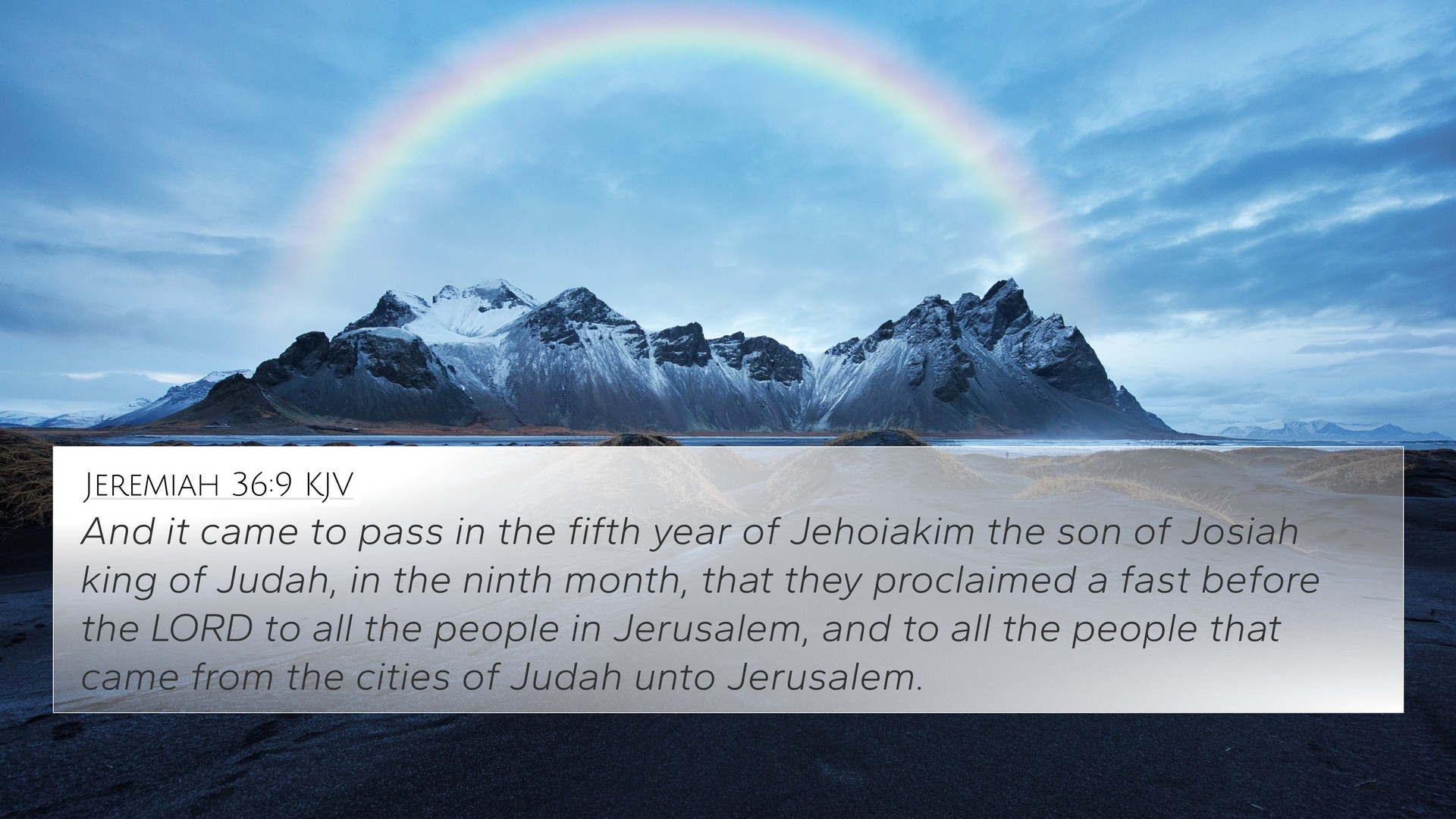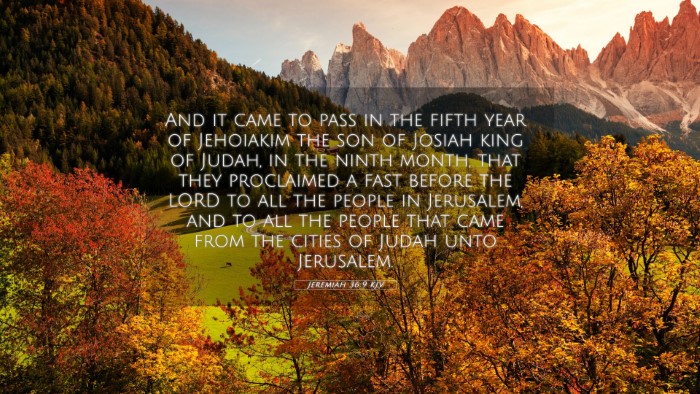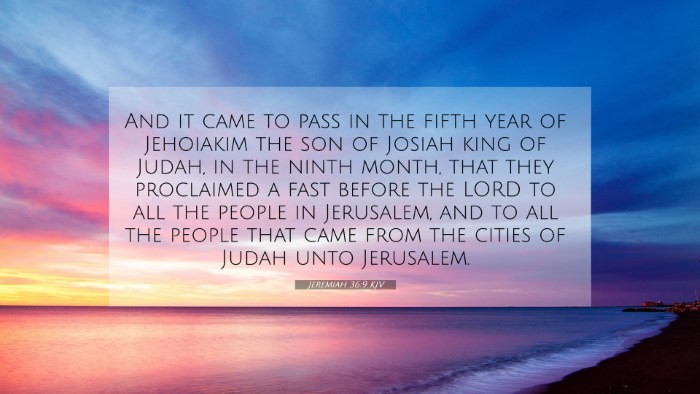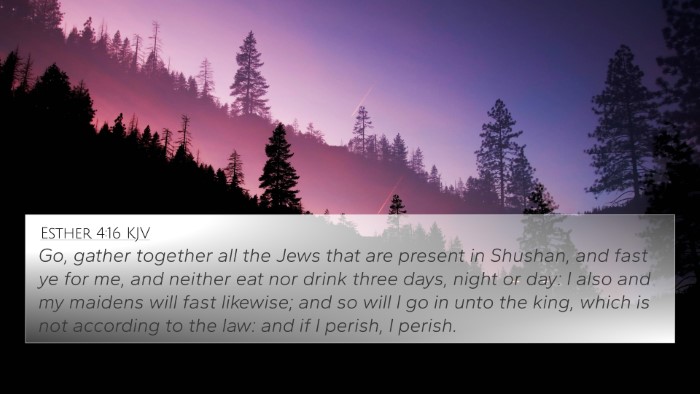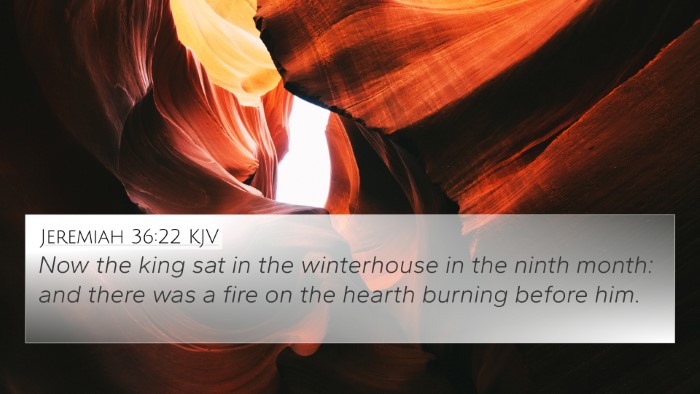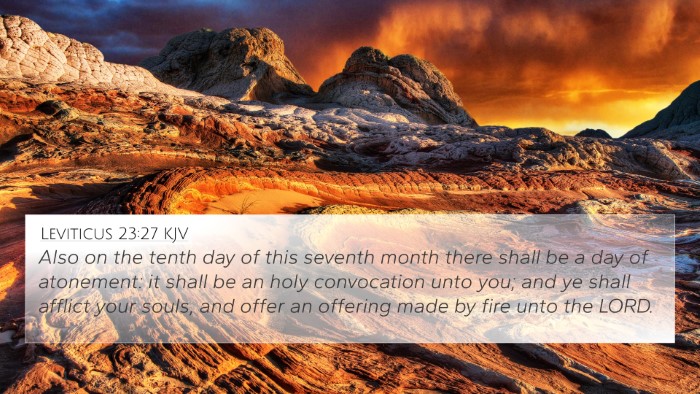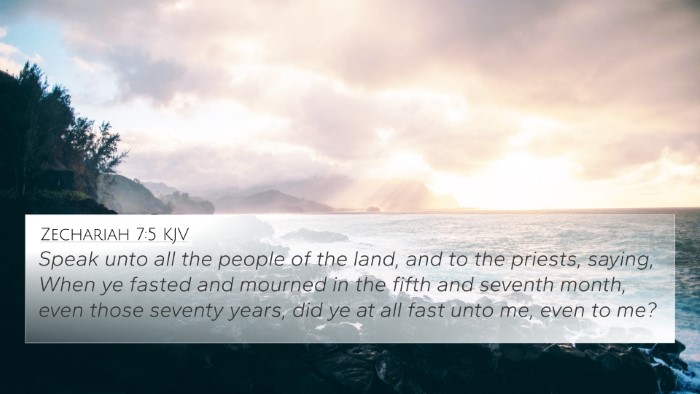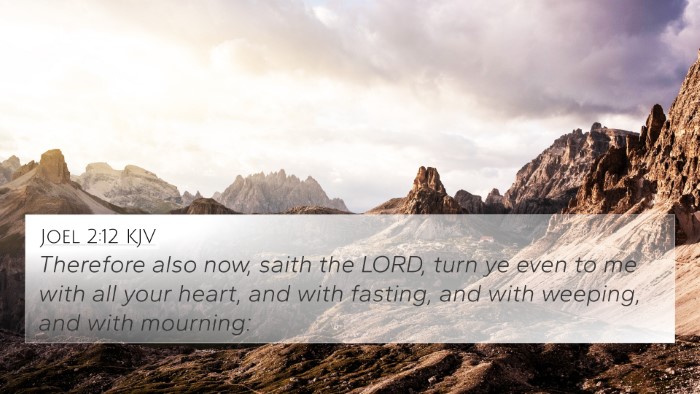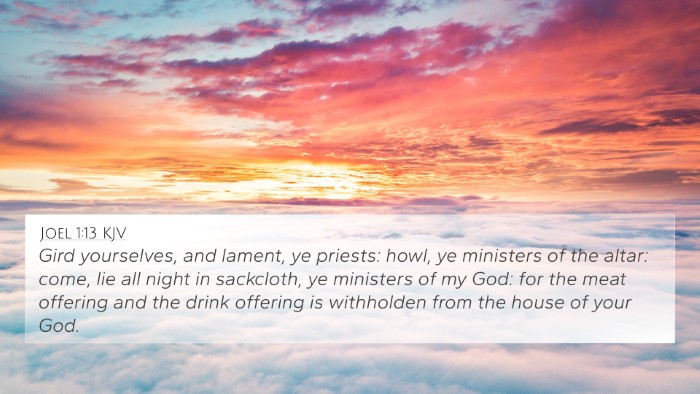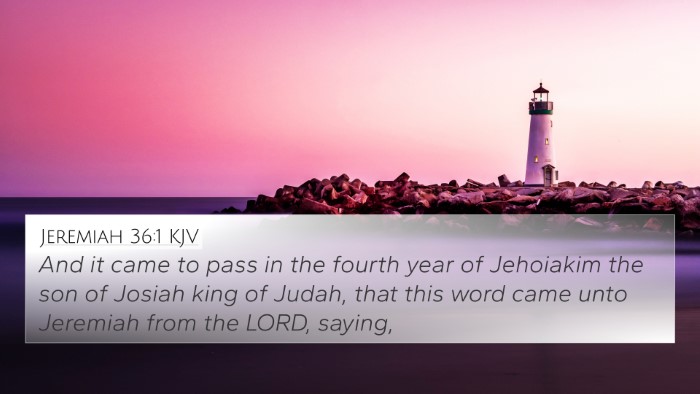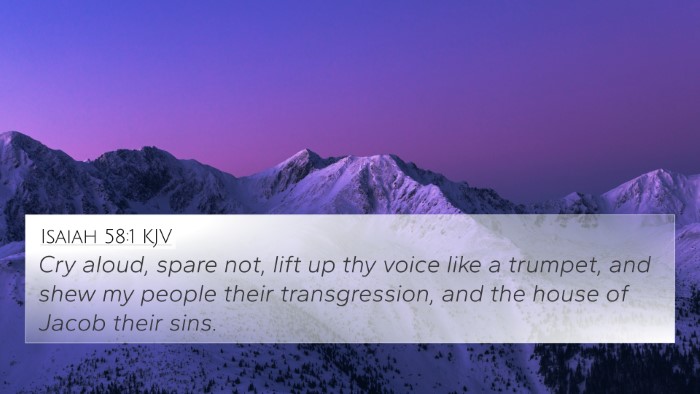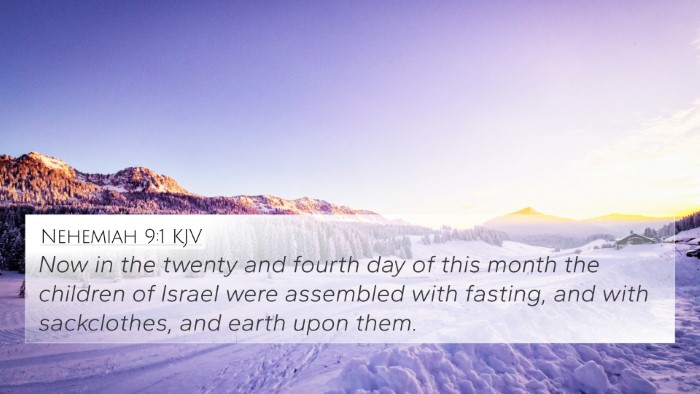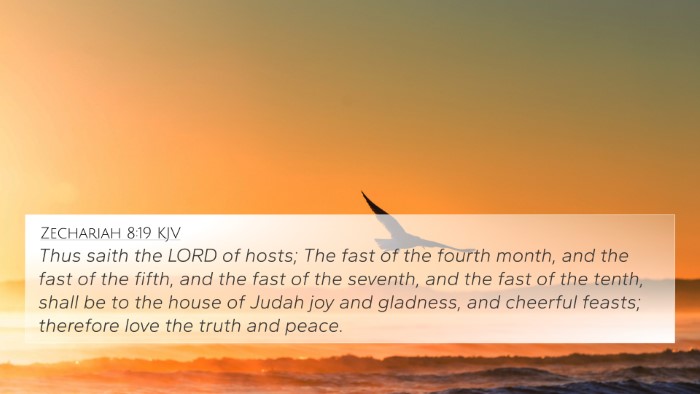Understanding Jeremiah 36:9
"And it came to pass in the fifth year of Jehoiakim the son of Josiah king of Judah, in the ninth month, that they proclaimed a fast before the Lord, to all the people in Jerusalem, and to all the people that came from the cities of Judah unto Jerusalem."
Overview
Jeremiah 36:9 stands as a pivotal moment in the prophetic ministry of Jeremiah during the reign of King Jehoiakim. This verse describes a significant event in which the people of Jerusalem gathered for a fast, highlighting themes of humility, repentance, and the context of national distress.
Contextual Analysis
To truly grasp the meaning of this verse, it is essential to explore its context within the Book of Jeremiah and the historical background of Judah during this period. The nation was experiencing turmoil and was in desperate need of divine guidance.
Historical Significance
The fifth year of Jehoiakim's reign corresponds with a time of resistance against Babylonian power. The fast that was proclaimed was likely an act of seeking God's favor during a time of impending judgment.
Theological Insights
Matthew Henry's Commentary emphasizes the importance of fasting as a spiritual exercise, suggesting that it signifies a contrite heart and a desire to align oneself with God's will. Fasting in this context is a communal act, showing collective sin and the need for national repentance.
Albert Barnes notes that this event signifies an urgent appeal to God, stressing the importance of prayer and supplication during crises. This gathering serves as a contrast to the rebellious nature of Jehoiakim's reign and highlights the people's need for divine intervention.
Adam Clarke expands on the implications of the fast, noting that it embodies a heartfelt return to God amid societal and political strife, and reflects the broader themes found throughout the Hebrew Scriptures about seeking God during times of trouble.
Bible Verse Cross-References
Understanding Jeremiah 36:9 can be further enriched by cross-referencing various biblical texts that relate thematically or contextually. Here are ten relevant cross-references:
- Joel 1:14 - Call for a solemn assembly, indicating a national fast.
- 2 Chronicles 20:3 - King Jehoshaphat seeks the Lord in fasting and prayer.
- Isaiah 58:6 - The true fast that God desires, showing the heart's intent.
- Jeremiah 29:12-13 - A promise that if the people seek God, they will find Him.
- Nehemiah 1:4 - Nehemiah's reaction to Jerusalem's distress through fasting and prayer.
- Lamentations 2:18 - The cries of the people in the context of their suffering.
- Daniel 9:3 - Daniel fasts and prays for the sins of Israel.
- Acts 13:2 - The early church fasting and seeking direction from God.
- Matthew 6:16 - Jesus teaches about the attitude of fasting.
- 1 Kings 21:27 - Ahab's fast and mourning over his sinful actions.
Comparative Bible Verse Analysis
When performing a comparative analysis, one can observe themes of repentance and communal supplication in both the Old and New Testaments. In the narratives, there is a visible inter-Biblical dialogue regarding human response to divine prompts during societal crises.
Connections Between Bible Verses
This series of cross-references illustrates that the call to prayer and fasting is not isolated in Scripture but is a recurring theme indicating a deeper thematic connection to humanity’s need for God. The act of fasting as seen in Jeremiah 36:9 resonates strongly with the spiritual practices taught and exemplified by Jesus and His early followers.
Conclusion
Jeremiah 36:9 serves as a poignant reminder of the necessity of turning to God in humility and seeking His mercy through collective actions such as fasting. The verse is deeply interwoven with the fabric of Scripture, connecting with multiple passages that reinforce the themes of repentance, national identity, and divine mercy. Utilizing tools for Bible cross-referencing can enhance our understanding and reveal the profound interconnections within God’s Word.
Tools and Resources
- Bible Concordance: Helps locate verses and themes.
- Bible Cross-Reference Guide: A systematic way to explore related scriptures.
- Cross-Reference Bible Study: Methods to deepen understanding through interconnected scriptures.
- Bible Reference Resources: Various tools to enhance one’s study of the Bible.
- Comprehensive Bible Cross-Reference Materials: Books and online resources that compile these references effectively.
In summary, Jeremiah 36:9 not only illustrates a historical moment but also invites readers to explore a rich tapestry of Scripture through cross-referencing biblical texts, enabling a deeper understanding of both the specific verse and the overarching message of the Bible.
